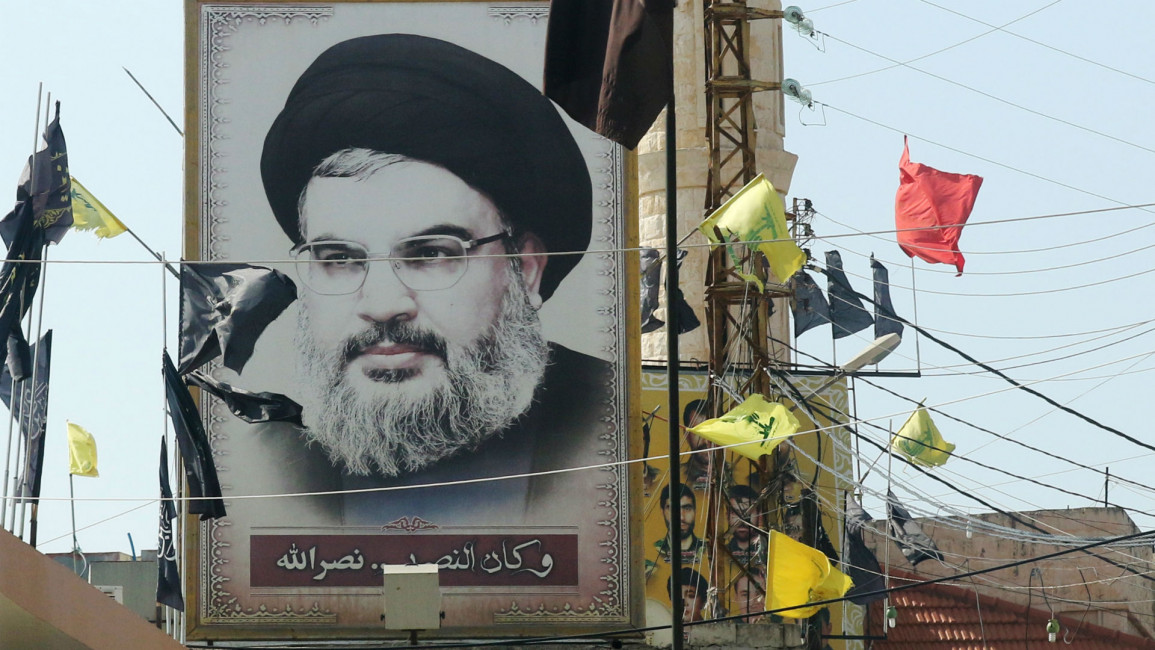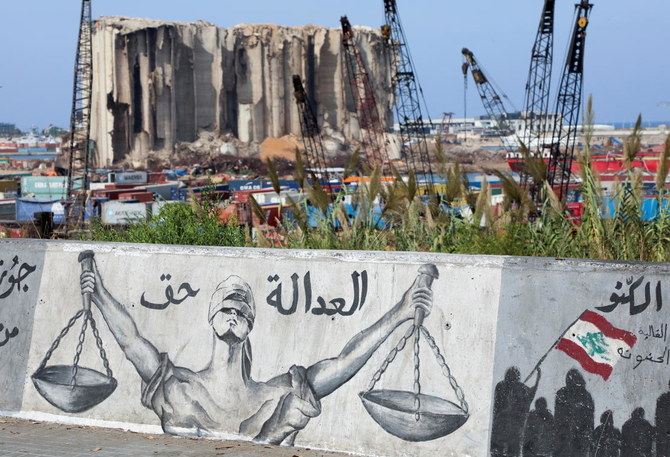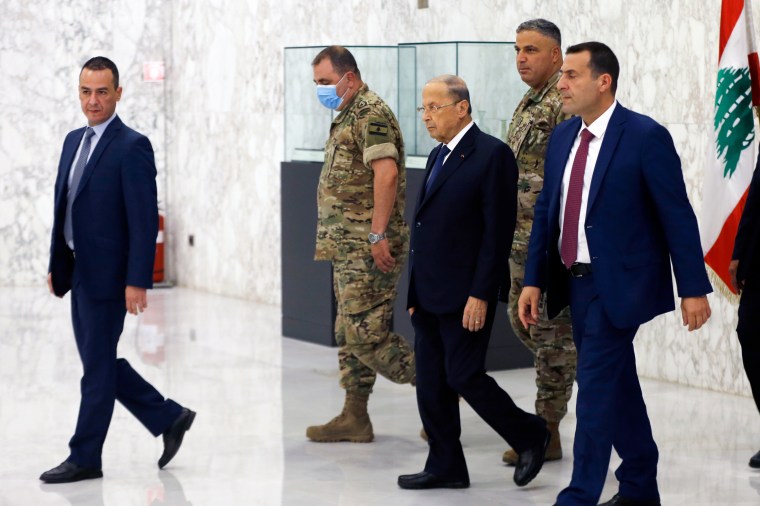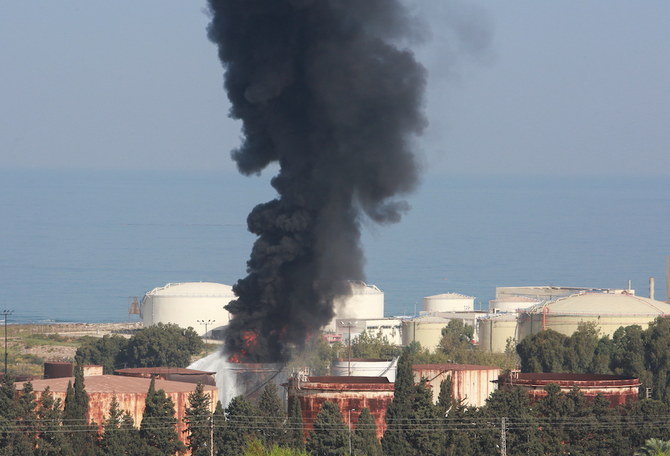
Bitar has been the recipient of heavy criticism from Hassan Nasrallah, Hezbollah’s leader, who has repeatedly accused him of politicizing the probe. On Monday, Nasrallah spent nearly a quarter of his one-hour speech meant to address the country’s multiple crises to criticize almost every decision Bitar has made. He accused him of politicizing the probe, targeting mainly officials who are allies of Hezbollah while failing to even question others. Some Lebanese have pointed the finger at Hezbollah, saying it may have stored explosives at the port, a charge the group denies. No evidence has emerged that links Hezbollah directly to the blast and none of its members are defendants in the case. Bitar’s removal, if it happens, will be a major blow to the investigation, and a clear violation of the already questioned independence of the judiciary.
by english.alaraby.co.uk — The head of Lebanon’s Hezbollah movement Monday accused the judge leading investigations into last year’s port blast of politicising the probe and called for an “honest” judge to take over. Tarek Bitar, appointed to lead investigations in February after his predecessor was removed for summoning senior leaders, has come under increasing scrutiny for also going after top officials suspected of criminal negligence. He was recently forced to suspend his work for a week because of lawsuits filed by former ministers demanding his removal, before a court this month turned down their request allowing him to resume investigations. “There are very big mistakes happening… (Bitar) won’t deliver the truth, nor will he deliver justice; only injustice and an obscuring of the truth,” Hezbollah chief Hasan Nasrallah said. “This doesn’t mean we are calling for an end to investigations, not at all, but we are calling for an honest and transparent judge to work on a probe that is also clear, transparent” and free of political bias, he added.
Speaking in a televised address, Nasrallah accused Bitar of “working toward political objectives,” without elaborating. The Hezbollah leader said Bitar’s summonses revealed a political bias. “We had warned him not to be biased and not to politicise the investigation… now he is approaching it as though he is the master of the case.” Last month, Lebanese media leaked a message from a senior Hezbollah official to Bitar, threatening him with removal over his approach to the investigation. “Things cannot go on this way, especially in the coming days,” Nasrallah said on Monday.

:quality(70)/cloudfront-eu-central-1.images.arcpublishing.com/thenational/KEV7RJMBWAQ6VZFEQMWHAIZYJA.jpg)








